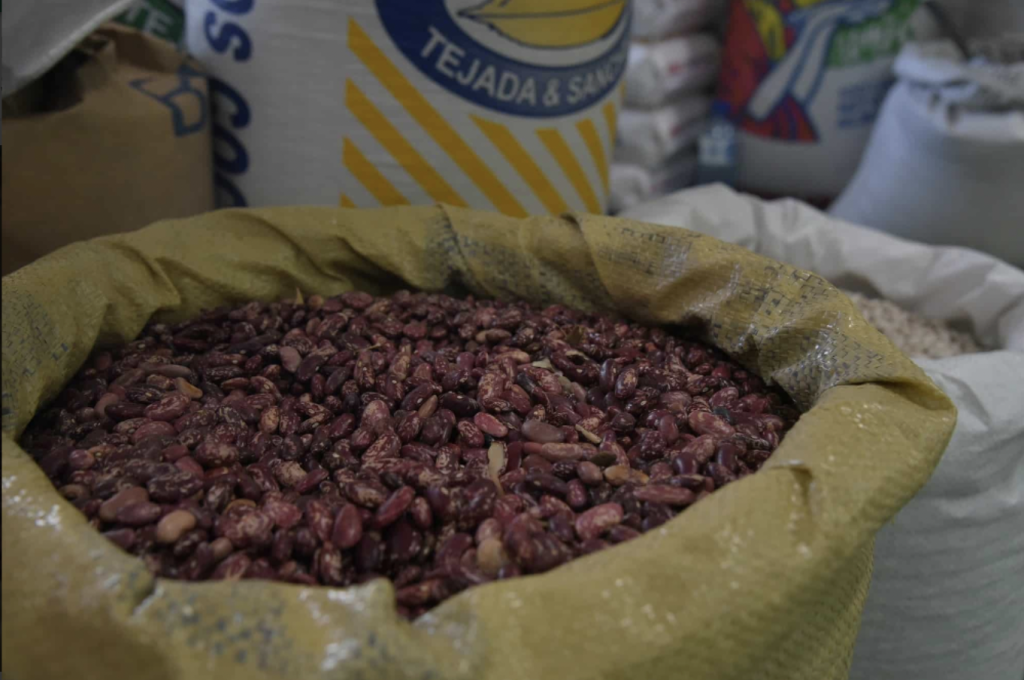
The Abinader administration, faced with several major issues not of its own making, is attempting to reduce the cost of the basic food items for the people of the Dominican Republlic. One of the current proposals is to import, under the free-trade agreements, some 67 items that go towards the food supply in various ways. The proposal has faced criticism as well as received applause, all depending on whose interests would be affected by the move.
On the one hand, the consumers face “sticker shock” every time they visit the supermarket or colmado are content with the proposal. Others, farm and livestock producers are worried that their production, profits and future will be seriously affected by low-cost imports.
A very recently released study by an investigative unit associated with the Global Democracy and Development Foundation (Funglode) has produced some interesting proposals regarding the contentious issues. It must be remembered that Funglode is associated with former President Leonel Fernandez (1996-2000, 2004-2008, 2008-2012). The study, “The duty free proposal: a measure that should be restructured,” says that the proposal as it stands will import basic food products, but will not eliminate the inflationary tendencies faced by the government, and, moreover, will cost the government over a quarter-of-a-billion pesos to carry out. The main suggestion of the study is to propose a similar duty-free status for the raw materials needed by the nation’s farmers and producers, which would reduce the cost for farmers, lowering the cost to consumers.
The study also points out that importers or wholesalers would be more likely to purchase zero-duty imports and ignore similar locally-produced items. One interesting note is that 54 of the 67 items currently on the list of items to be imported are directly related to the basic family food basket. Therefore, such imports could well affect local production of the same items in a negative manner.
Read more in Spanish:
Diario Libre
Diario Libre
Listin Diario
3 May 2022

